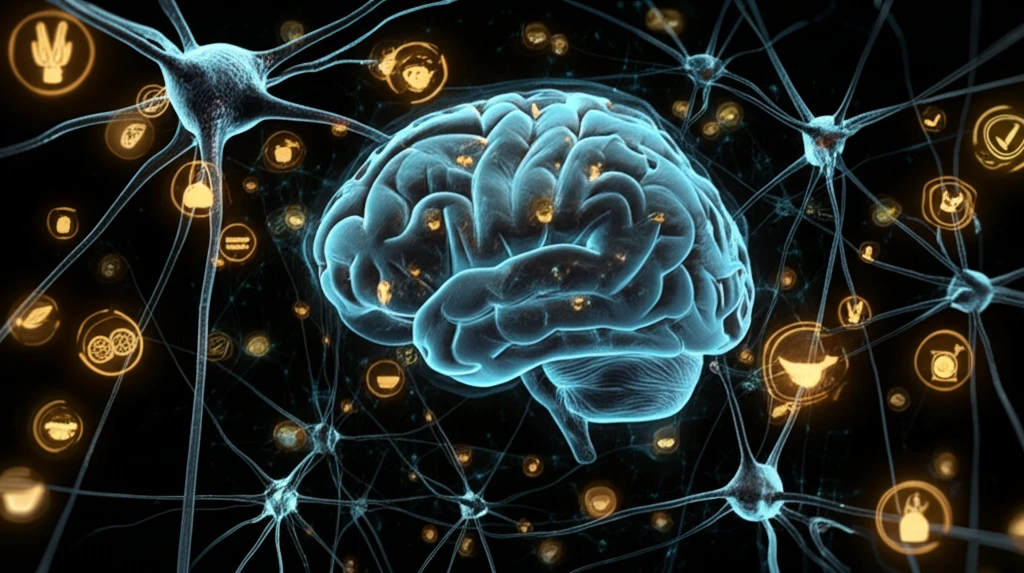
Unlocking the Secrets of Cognitive Health: How Social Connections and Lifestyle Choices Can Protect Your Brain
"New research reveals the surprising links between social life, medical conditions, and cognitive decline – and what you can do to stay sharp."
As we age, maintaining cognitive sharpness becomes a top priority. Cognitive Impairment, No Dementia (CIND), affects a significant portion of the population over 60. This condition impacts quality of life and poses concerns about future dementia risks. Understanding the factors that contribute to cognitive decline is crucial for proactive brain health management.
A recent study, the "Faenza Project," explored the intricate web of medical and social factors influencing cognitive status in older adults. By evaluating thousands of dementia-free individuals, researchers uncovered powerful connections between lifestyle, social connections, and cognitive well-being. These insights offer valuable guidance for those seeking to protect their cognitive health as they age.
This article breaks down the study's key findings, translating complex research into actionable strategies. Discover how your daily habits and social interactions can significantly impact your cognitive function and learn what steps you can take to safeguard your brain for years to come.
The Faenza Project: Unveiling the Links Between Life and Mind

The "Faenza Project" assessed over 7,000 individuals aged 60 to 102, focusing on the interplay between medical conditions, social factors, and cognitive performance. Participants underwent clinical evaluations and cognitive assessments to determine the prevalence and correlates of CIND.
- Medical Comorbidities: Diabetes, stroke, and depressive symptoms were significantly associated with an increased risk of CIND.
- Social Factors: Low education, low socioeconomic status (SES), and unmarried status independently correlated with cognitive impairment.
- Synergistic Effects: The combination of medical and social risk factors amplified the likelihood of CIND, suggesting a synergistic impact.
- Population Impact: A substantial portion of CIND cases could be attributed to low education and low SES within the study population.
Empowering Your Cognitive Future: Practical Steps for a Sharper Mind
The Faenza Project delivers a powerful message: cognitive health is not solely determined by genetics or luck. Lifestyle choices and social engagement play a crucial role in shaping your brain's destiny. By prioritizing social connections, managing medical conditions, and adopting healthy habits, you can take proactive steps to protect your cognitive function and enhance your quality of life as you age. Embrace these strategies to unlock a future of mental clarity and well-being.
